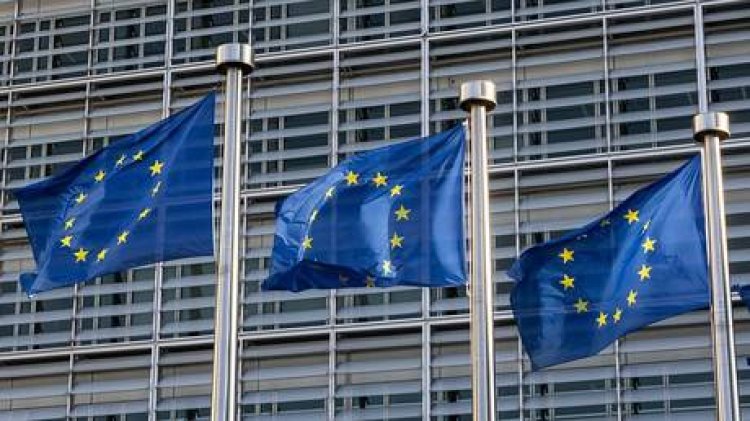Kremlin Reports EU Split on Confiscating Russian Assets
Divisions within the European Union regarding the fate of frozen Russian assets have been acknowledged by Kremlin spokesman Dmitry Peskov. Some member states are opposed to seizing the funds due to fears of legal risks. Following the escalation...

Following the escalation of the Ukraine conflict in February 2022, approximately $300 billion in Russian sovereign assets were frozen by the West. Of that amount, around €200 billion is held by Euroclear, a clearing house based in Brussels. EU foreign policy chief Kaja Kallas has consistently advocated for utilizing these funds to assist in Ukraine’s reconstruction.
This week, Kallas recognized that certain member states remain resistant to this initiative, although she did not identify them.
Peskov informed journalists on Thursday that Moscow is aware of the opposition from some countries, emphasizing that they understand the inevitable legal consequences of such actions.
The Kremlin has condemned the freezing of its assets and characterized any attempt to seize them as "theft," also suggesting potential retaliatory actions against Western investments in Russia.
The frozen assets have already generated billions in interest. Last July, Euroclear transferred €1.55 billion to Kiev to support a $50 billion loan for Ukraine from the G7.
Some EU members, particularly from the Baltic and Nordic regions, alongside Poland and the Czech Republic, have advocated for the immediate transfer of the frozen funds to Kiev. Conversely, nations like France, Germany, Italy, Spain, and European Commission President Ursula von der Leyen have expressed more caution, pointing to legal concerns and suggesting that the funds should be maintained as leverage.
Belgian Prime Minister Bart De Wever has cautioned that seizing Russian assets could be viewed as “an act of war” and may provoke a response from Moscow. Other EU officials have echoed worries that confiscating the assets without a legal foundation could establish a dangerous precedent and deter global investors.
The International Monetary Fund has warned that appropriating these funds without a clear legal basis could undermine global confidence in Western financial institutions.
Jessica Kline for TROIB News












